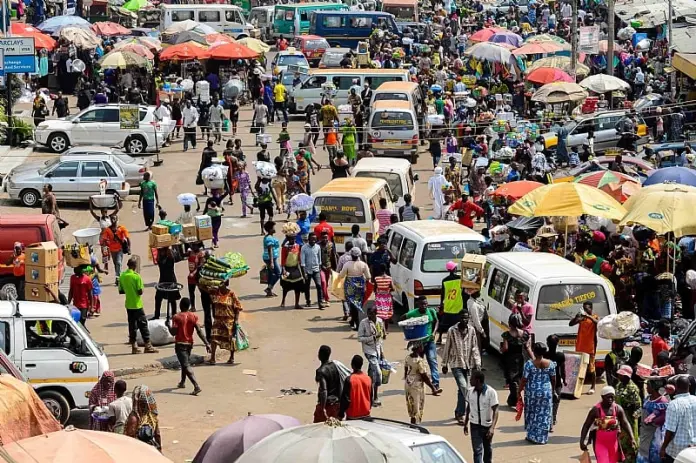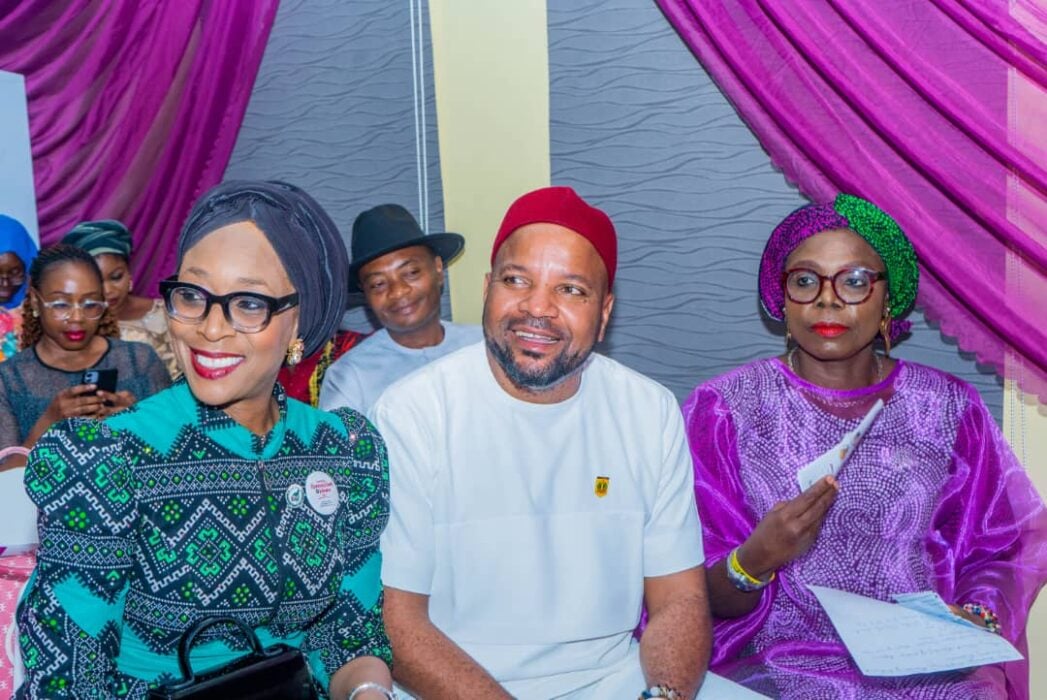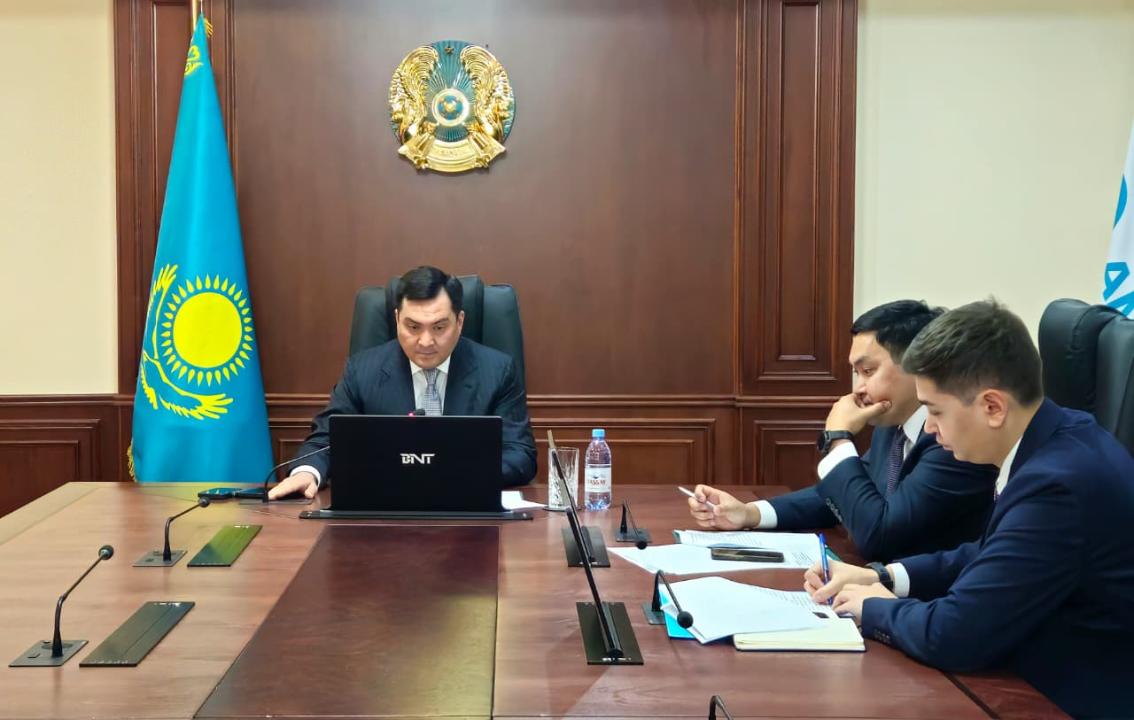By Ghana News
Copyright ghanamma

Ghana’s economic recovery has reached a significant milestone as both businesses and consumers express their strongest levels of optimism in years, driven by falling inflation and remarkable currency stabilization that has seen the cedi appreciate over 20 percent against the US dollar this year.
The Bank of Ghana’s (BoG) latest confidence survey reveals consumer sentiment reached 116.9 in August 2025, approaching the mid-year peak of 119.2 and representing a substantial improvement from the previous year’s reading of 81.2. This surge reflects growing public trust in the country’s economic trajectory following years of challenging macroeconomic conditions.
Business confidence has similarly strengthened, rising to 107.5 from 88.8 over the same period as firms met their short-term targets and expressed optimism about company and industry prospects. The improvement signals a fundamental shift in corporate sentiment as companies increasingly view Ghana’s business environment as conducive to growth and investment.
“The economy continues to demonstrate strong growth, driven largely by the services and agriculture sectors,” declared Governor Johnson Pandit Asiama following the central bank’s 126th Monetary Policy Committee (MPC) meeting. His comments underscore the broad-based nature of Ghana’s economic recovery, with multiple sectors contributing to sustained expansion.
The optimism is supported by robust economic fundamentals. Ghana’s GDP growth reached 6.3 percent in the second quarter of 2025, maintaining momentum from earlier quarters and demonstrating the economy’s sustained expansion trajectory. Non-oil GDP performed even more impressively, expanding by 7.8 percent, with the services sector leading growth at 9.9 percent and agriculture contributing 5.2 percent.
High-frequency economic indicators paint an equally encouraging picture. The Composite Index of Economic Activity recorded annual growth of 6.1 percent in July, a remarkable improvement from just 1.9 percent a year earlier. This acceleration reflects strengthened trade activities, increased household spending, and enhanced industrial output across the economy.
The country’s Purchasing Managers’ Index also registered gains in August, signaling rising new orders and improved business conditions in the manufacturing sector. These indicators collectively point to an economy gaining momentum across multiple dimensions.
Central to this positive transformation has been the dramatic strengthening of the Ghanaian cedi. The currency’s appreciation of more than 20 percent against the US dollar has restored confidence in Ghana’s monetary stability while supporting the central bank’s inflation-fighting efforts. Foreign reserves have climbed to $10.7 billion, providing 4.5 months of import cover and offering substantial protection against external shocks.
This currency stability has enabled the BoG to begin normalizing monetary policy. The central bank implemented an aggressive 350 basis point reduction in its policy rate to 21.5 percent, triggering a cascade of lower borrowing costs throughout the financial system. Treasury bill yields on 91-day instruments plummeted to 10.3 percent in August from 27.7 percent a year earlier, while average commercial lending rates declined to 24.2 percent from 30.8 percent.
The banking sector shows clear signs of improved resilience alongside the broader economic recovery. Capital adequacy ratios strengthened to 17.7 percent in August from 10.2 percent a year earlier, while non-performing loans decreased to 20.8 percent from 24.8 percent. These improvements suggest financial institutions are better positioned to support economic growth through increased lending.
Ghana’s fiscal performance has provided additional support for the improving outlook. The government limited the budget deficit to 1.1 percent of GDP in the first seven months of 2025, beating its 2.1 percent target while recording a primary surplus of 1 percent. This fiscal discipline has reinforced investor confidence and supported the currency’s appreciation.
The confluence of declining inflation, currency stability, lower interest rates, and improved business sentiment creates a virtuous cycle that could sustain Ghana’s economic momentum. Companies report meeting short-term targets while expressing increased optimism about future prospects, suggesting the confidence surge may translate into higher investment and employment.
However, challenges remain as the economy transitions from recovery to sustained growth. Credit growth continues to lag despite lower interest rates, indicating banks remain cautious about lending expansion. The government must maintain fiscal discipline while addressing infrastructure needs and social demands.
The positive sentiment indicators suggest Ghana has turned a corner in its economic recovery journey. With both businesses and consumers expressing multi-year highs in confidence, the foundation appears solid for continued growth momentum as the economy builds on recent stabilization achievements.



